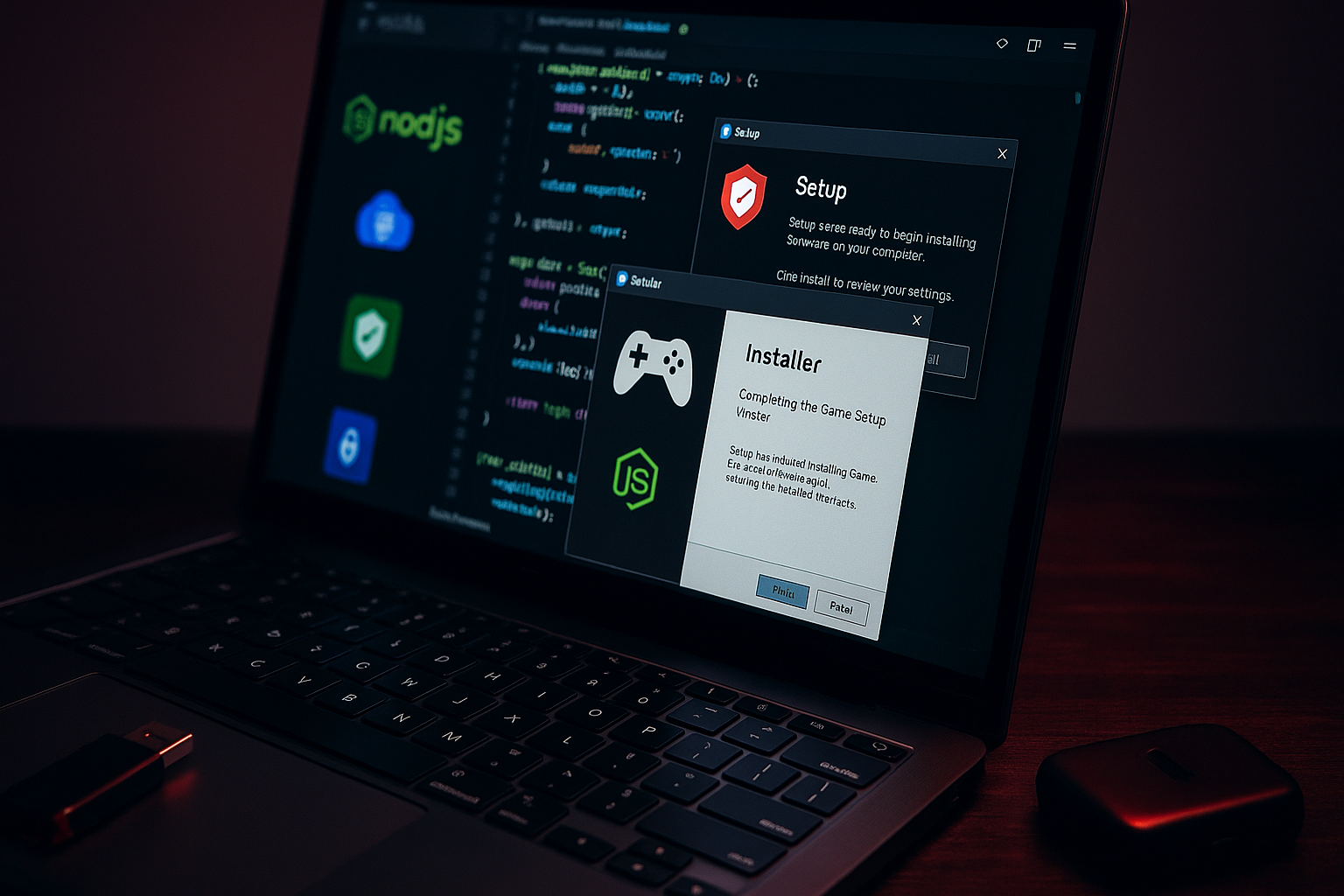Vulnerabilities
-
Unauthenticated flaw in Gladinet CentreStack and Triofox (CVE-2025-11371) exploited in the wild
Security researchers say CVE-2025-11371, an unauthenticated local file inclusion in Gladinet CentreStack and Triofox, is being exploited in the wild; Huntress recommends removing a handler from the UploadDownloadProxy Web.config as a temporary mitigation while Gladinet prepares a patch.
-
Researchers: Stealit malware uses Node.js single-executable feature to spread
Fortinet researchers said the Stealit malware campaign is abusing Node.js’ experimental Single Executable Application feature and, in some variants, Electron, to distribute stealers and a RAT via counterfeit installers on file‑sharing sites.
-
Researchers find 175 npm packages used to host phishing infrastructure in ‘Beamglea’ campaign
Researchers say 175 npm packages were used to host redirect scripts and HTML payloads for a credential-phishing campaign called Beamglea that has been downloaded about 26,000 times and targeted more than 135 companies worldwide.
-
Google and Mandiant: Zero-day in Oracle E-Business Suite likely impacted dozens of organisations
Google Threat Intelligence Group and Mandiant reported that the exploitation of a zero-day in Oracle E-Business Suite likely affected dozens of organisations, using multiple vulnerabilities and post-exploitation tooling linked to Cl0p-styled extortion campaigns; investigators said Oracle has released patches and some investigative details remain unclear.
-
SonicWall says unauthorized party accessed cloud firewall backup files
SonicWall said an unauthorized party accessed firewall configuration backup files stored in its cloud for all customers who used the cloud backup service; the files contain encrypted credentials and the company is urging users to check accounts and follow containment and remediation guidance.
-
New FileFix Variant Uses Cache Smuggling to Evade Security, Researchers Say
A new FileFix phishing variant uses cache smuggling to store a malicious ZIP in browser cache and run it via a hidden PowerShell command, letting it evade many security products, researchers said.
-
Ukraine agency says Russian-linked hackers used AI to aid cyber attacks in H1 2025
Ukraine’s SSSCIP said Russian-linked hackers increased use of AI in cyber attacks in H1 2025, recording 3,018 incidents and using AI-generated phishing and malware while exploiting webmail flaws and abusing legitimate cloud services.
-
Attackers exploiting critical auth-bypass flaw in Service Finder WordPress theme
Security researchers at Wordfence say attackers are actively exploiting CVE-2025-5947, a critical authentication-bypass flaw in the Service Finder WordPress theme that can give attackers administrator access; a patch was released in version 6.1 and administrators are urged to update or stop using the theme.
-
Patched command injection in Figma MCP server could allow remote code execution, researchers say
A command injection bug in the figma-developer-mcp Model Context Protocol server, tracked as CVE-2025-53967 and scored 7.5, could allow remote code execution by interpolating unvalidated input into shell commands; the issue was fixed in version 0.6.3 and researchers recommend avoiding child_process.exec with untrusted data.










